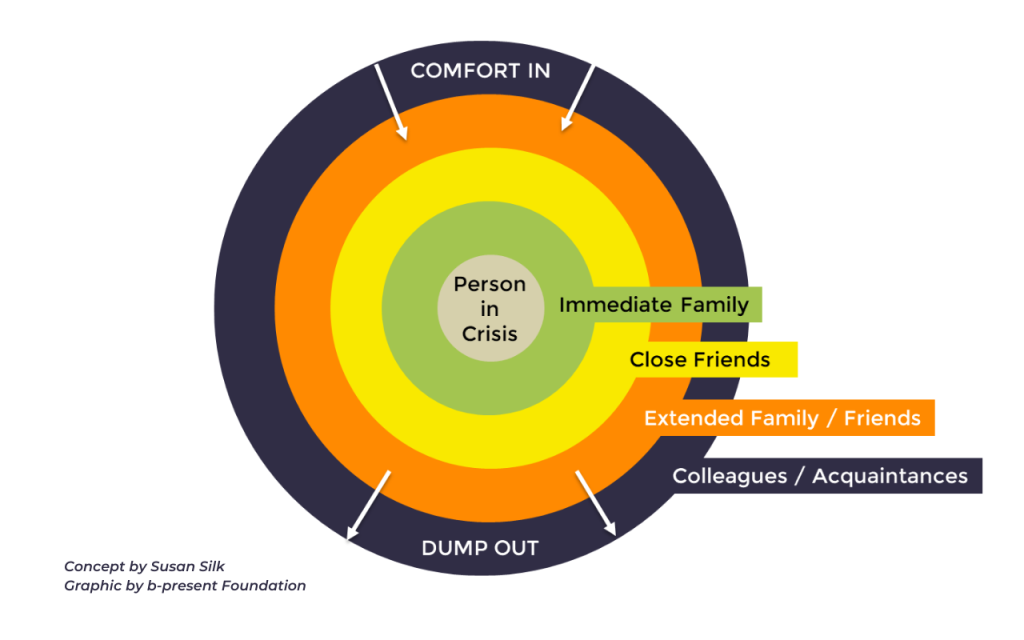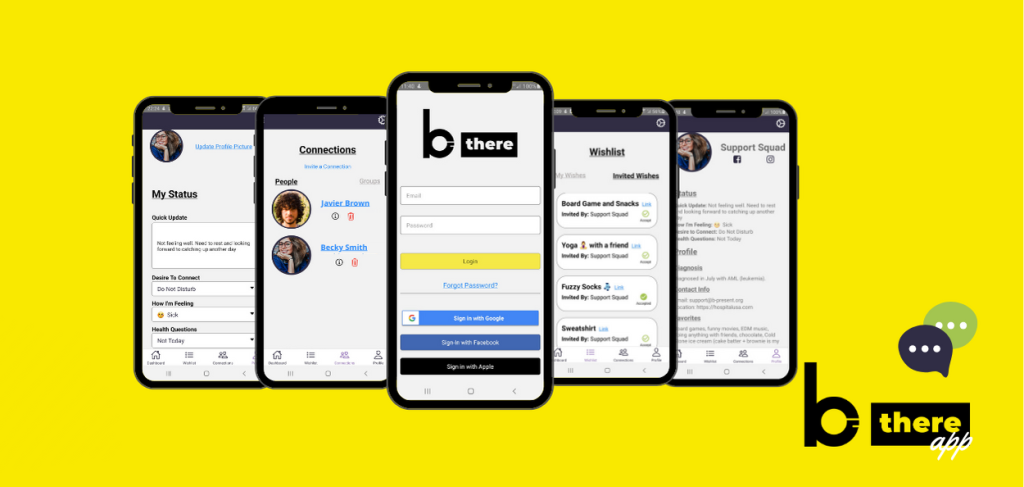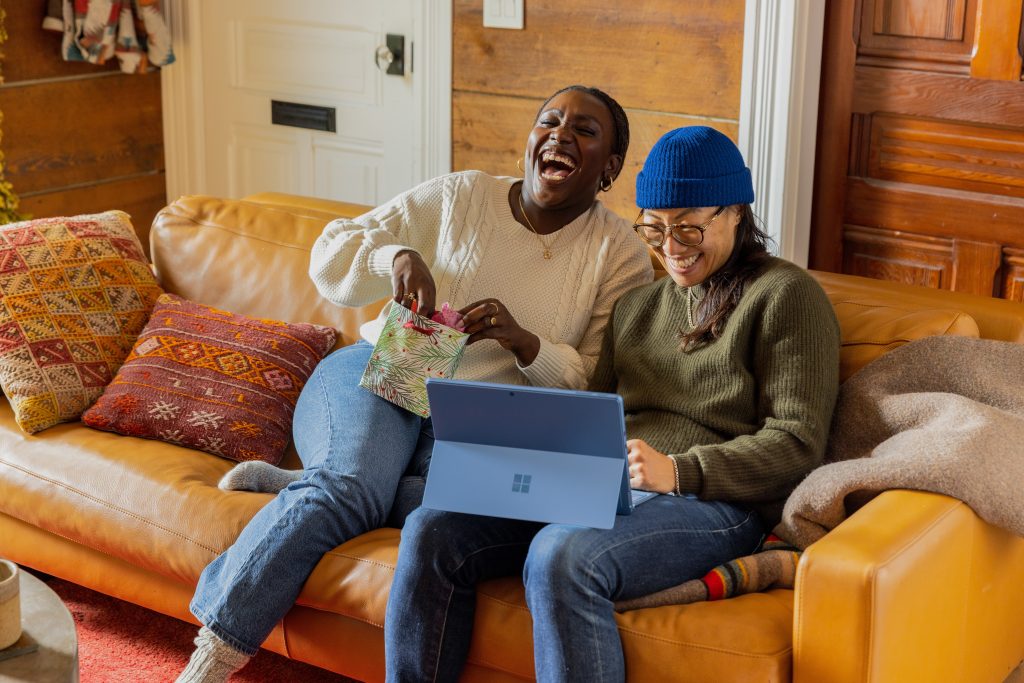Understanding the potential side effects of cancer treatment and knowing how to offer specific support can make a significant difference in the quality of life and health outcomes for young adults. Here’s your guide to navigating through this experience and offering the best support possible.
5 Common Treatment Side Effects and How to Help
Fatigue is one of the most common side effects of cancer treatment. It can be frustrating, overwhelming, and persistent. Offer practical support like running errands, preparing meals, or helping with household chores. Encourage your loved one to rest and reassure them that it’s okay to take things slow. Let them know you are there to help if they need it and close by if they want to try things on their own first.
Nausea and vomiting are frequent side effects of chemotherapy and other treatments. Be mindful of how strong smells might affect them and have a list of their preferred easy-to-digest foods when nausea hits. Stay flexible with meal plans, even checking in and asking what sounds good before dropping meals off. Ginger or other soothing natural remedies can help alleviate symptoms. Teas, chews, or hard candies are all good options, so be sure you know their favorite flavors.
Hair loss — Although not all cancer treatments result in hair loss, when it does happen, it can be a deeply emotional side effect for many young adults. Be mindful of comments that make them feel self-conscious or dismissive of what they are going through. Show empathy, listen, and tune in to the support that makes the most sense for them. It can be anything from shopping for cool or comfortable hats to researching wig companies, or even joining them when trying on wigs. Remind them that you value who they are and that their beauty and strength go beyond their appearance.
Mouth sores can make eating and drinking very painful. Be aware of favorite foods that offer comfort and relief, as well as foods they may not like. In general, soft, non-spicy foods are better than ones that are acidic or hard to chew. Even drinks can be painful, so find the ones that work best so they stay hydrated.
Cognitive changes, often called “chemo brain,” can affect memory and concentration. Watch for cues that may indicate they are feeling taxed, are having trouble focusing, or need some assistance. Identify solutions that align with their specific needs. Some ideas include helpful memory aids, organizers, calendars, and schedules. If needed, provide gentle reminders for appointments and medications or help them set up notifications or phone reminders. Be patient and understanding as they navigate these changes.
View this post on Instagram
Open and Respectful Communication
Effective communication is key to providing the best support. Always ask before acting and ask your loved one what they need. They might not always want help, so respecting their wishes is crucial. Be a good listener. Sometimes, being there to listen is the best support. Validate their feelings and experiences without trying to fix them.
Offering Practical Help
Practical support can significantly ease the burden of daily life during treatment. Offer rides to and from appointments. Treatments can be exhausting, and your help can be invaluable. Assist with cleaning, laundry, or yard work. These tasks can be overwhelming when someone is dealing with treatment side effects. If applicable, help out with childcare or pet care. This can provide peace of mind to your loved one.
Emotional Support and Encouragement
Emotional well-being is just as important as physical health. Offer encouragement, do things together that preserve normalcy, and keep hope alive. Celebrate small victories along the way. Be patient. Treatment can be a rollercoaster of emotions, so be understanding when emotions flare. And remember to find forgiveness when things get messy.
Self-Care for Caregivers
Supporting someone through cancer treatment can be emotionally taxing. Take care of yourself so you can continue to be a strong supporter. Seek support for yourself and join a support group or talk to a counselor. Sharing your feelings with others in similar situations can be very comforting. Remember, it is okay to set boundaries for yourself to protect your own well-being. Always communicate these boundaries clearly and kindly.
Staying Connected Through Technology
When physical presence isn’t possible, technology can bridge the gap. Video calls regularly can help your loved one feel connected and supported. Use apps like b-there and other tools to organize help among friends and family, track appointments, and send encouraging messages.
Celebrating Small Wins
Acknowledge and celebrate the small victories along the way. Whether it is completing a round of treatment or simply having a good day, these moments deserve recognition and joy.
Supporting a loved one through cancer treatment requires empathy, patience, and a willingness to adapt to their changing needs. By understanding the side effects and offering specific, thoughtful support, you can make a significant positive impact on their experience.
Visit our resources page for more tips on supporting young adults with cancer. Stay connected and empowered to make a difference in the lives of those you care about.





